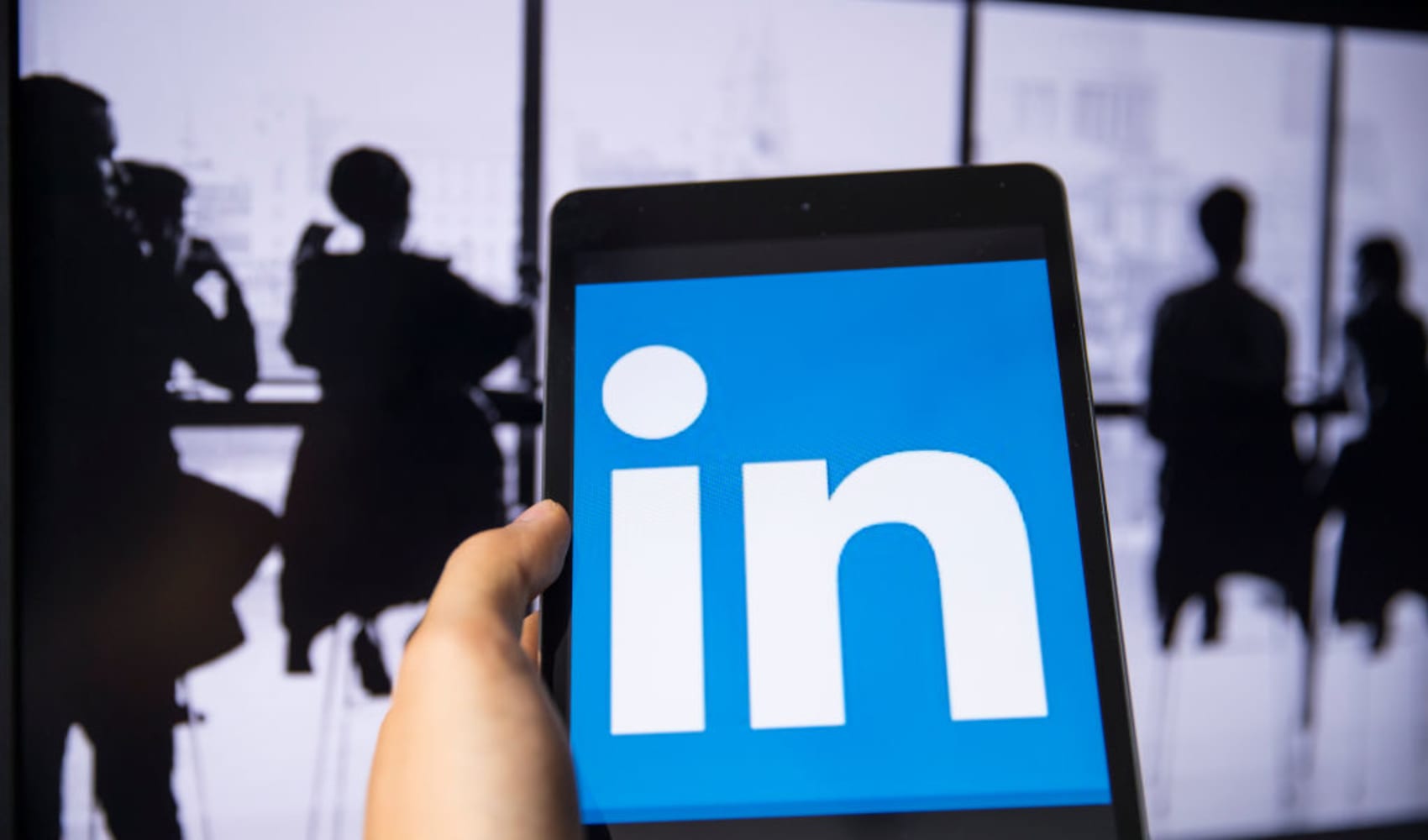The annual Global Gaming Expo has wrapped up its three-day show in Las Vegas. Here's what we learned.
As usual there were the abundance of new slot games, many tied to film and TV themes. Some exhibitors showed off skilled based slot machines, a new form of gambling that Vegas casinos hope will be popular with young (millennial) visitors.
Unlike traditional slots, where the outcome is random, skill-based games allow players who play games better to have better results.
There were also new technical advances that could benefit both casinos and players, such as casino chips with radio frequency inserts that instantly keep track of the action, hand-held machines that can function as an ATM, but without the hefty cash advance fees normally associated with casino ATMs, and slots that allow you to use your phone instead of your players card to keep track of your play.
Of course, it takes more than slot machines to make a casino, and the nuts and bolts of a gambling resort were in attendance. Air filtration systems, signage, food preparation, even chairs were all well represented.
Old time rock 'n' roll icon Chubby Checker was in attendance, too. But the one thing that seemed to really stand out this year was the emphasis on sports betting. Many companies with sports betting software were in attendance. No wonder, considering the Supreme Court ruling that lifted the federal ban of sports betting earlier in the year.
Currently, eight states have approved some form of sports betting, with Nevada, New Jersey, Delaware, West Virginia, and Mississippi already taking action. Scott Van Pelt of ESPN delivered a keynote address and presided over a panel discussion about US sports gambling. The panel included Kenny Gersh of Major League Baseball, Stephen Master a sports media expert, and Sara Slane a senior VP at the American Gaming Association.
Business
The latest business news.
Master had some revealing statistics about sports betting. He believes that the percentage of people who bet on NFL games will rise from the current 1 in 5 to 1 in 3, once sports betting becomes legal in most states.
Slane continued the AGA's stand against so called "Integrity Fees," a percentage of each bet that some sports leagues want in exchange for having their games as the source of wagering. She maintained that a fee would make sportsbooks unable to offer competing odds compared to current black market and off shore sportsbooks.
Gersh, preferring the term "royalty" to "integrity fee" opined that one area that US sports and especially baseball could flourish would be with "in-game wagering" (making bets during the game with odds changing as the game progresses).
He made the point that to offer proper odds is such a short time frame as between batters would require statistical knowledge from the MLB itself which would be part of the benefit of paying the "royalty."
One thing all agreed upon was that an understanding needed to be reached between all parties, leagues and casinos, so that they could fully benefit from this new form of revenue.



